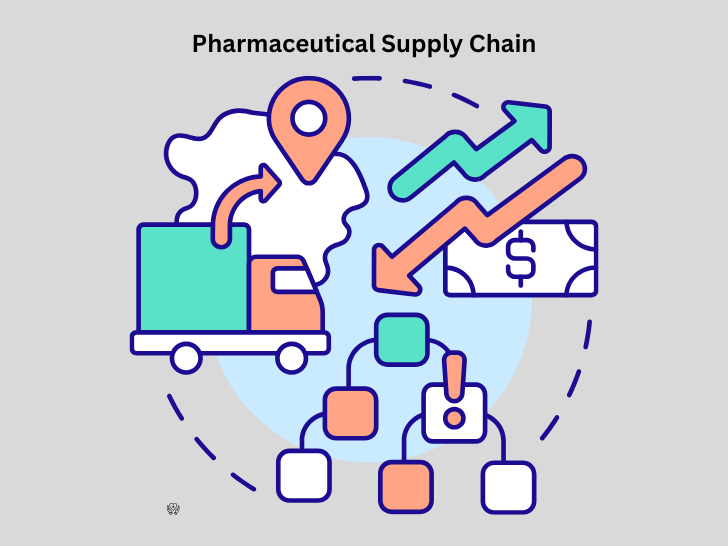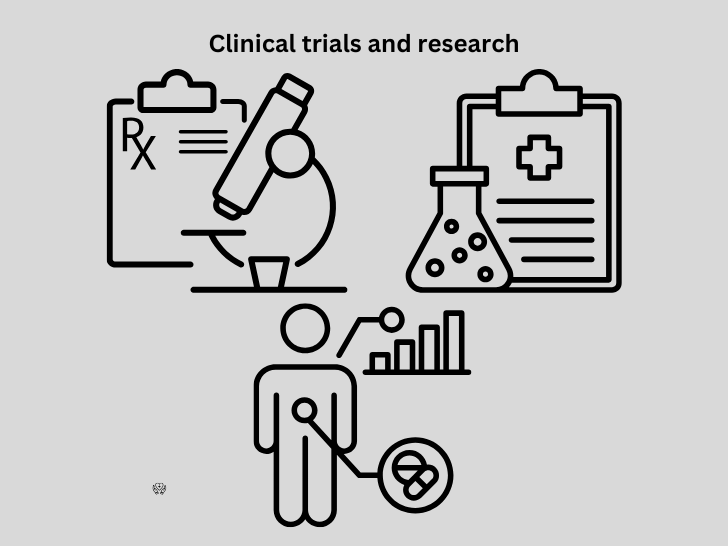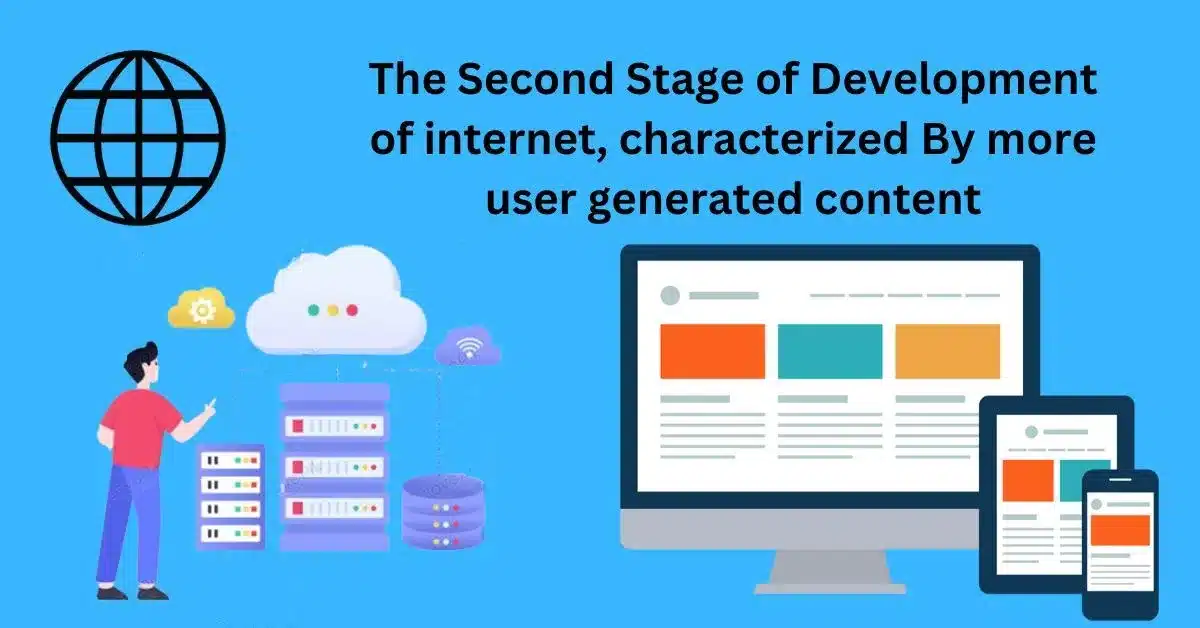Introduction
The healthcare industry faces many data management issues. Disorganized records, privacy issues, and administrative bottlenecks make seamless, individualized care impossible. Patients can get frustrated by insufficient health information. As healthcare digitizes, we need secure and transparent data solutions that empower patients and protect sensitive data. Blockchain technology, which promises openness, immutability, and security, may solve these crucial challenges. Blockchain technology can alter healthcare data management by increasing trust and efficiency.
Why Blockchain Matters in Healthcare
Originally intended for cryptocurrency, blockchain now serves a wide range of purposes. It is a decentralized digital ledger that records data on several machines. Blockchain has three primary benefits in healthcare:
Blockchain increases openness and accountability by securely displaying healthcare transactions and data exchanges to authorized users.
Immutability: Blockchain records are unchangeable and permanent, safeguarding sensitive health data.
Security: Blockchain encrypts data, making it harder for unauthorized individuals to access or change it.
Blockchain’s features may provide patients more control over their health data and boost industry confidence by solving some of healthcare’s biggest problems.
Key Healthcare Applications
1. Electronic Health Records
EHR administration is a promising use of blockchain in healthcare. Inefficiencies and obsolete records result from EHR fragmentation between providers. Blockchain can establish a unified system where patients may manage their records and choose which providers can access them. Blockchain smart contracts let patients safely and immediately grant and revoke health information access.
Updating patient records across a network is secure with blockchain-based EHRs. Physicians can quickly obtain detailed information for continuity of care with patient consent. Immutable blockchain maintains sensitive medical data accurate and tamper-proof, ensuring patient record trust and security.

2. Medication Supply Chain
Medication supply networks are complex and easily fraudulable. The WHO claims that in some markets, fake drugs account for a significant portion of medications, therefore compromising patient safety. From manufacturing to distribution, blockchain technology records every transaction on an unchangeable ledger, therefore enhancing supply chain openness.
Pharmaceutical businesses may uniquely identify products via blockchain. This lets doctors, pharmacists, and patients verify drug validity using the blockchain. This eliminates counterfeit pharmaceuticals, assuring patients obtain safe, authentic products. Blockchain also offers real-time inventory and shipment monitoring, preventing drug shortages.

3. Clinical trials and research
Medical research relies on clinical trials, yet data tampering and selective reporting are common. Blockchain secures and timestamps data entries, making clinical trials transparent. Authorized stakeholders can access and prevent alterations by logging clinical trial findings and data in a tamper-proof format.
Blockchain builds confidence between researchers, healthcare providers, and patients by protecting trial data. Blockchain may also enable patients to voluntarily contribute anonymized health data to studies, confident in its safety. Clinical research would be more rigorous, accessible, and dependable, thereby speeding medical breakthroughs and improving patient outcomes.

Challenges and ethics
Blockchain has enormous potential for healthcare, but the industry’s intricate regulations provide challenges. Key ethical and operational issues:
- Blockchain provides security but putting sensitive patient data on a public or semi-public ledger poses privacy concerns. Protocols and encryption must protect patient data.
- Healthcare providers rely on systems that may not be compatible with blockchain. Rethinking system communication to adopt blockchain technology can be expensive and time-consuming.
- Blockchain in healthcare must comply with strict standards like HIPAA in the US. Compliant blockchain implementation is complicated and may dissuade some firms from embracing it.
- These concerns highlight the need for careful blockchain deployment in healthcare to prioritize patient safety and data security.
Blockchain application programing languages
https://www.simplilearn.com/blockchain-programming-languages-article
Conclusion
Among several healthcare industry challenges, blockchain technology could address security, data transparency, and efficiency. By allowing safe and patient-centered electronic health records, so safeguarding the pharmaceutical supply chain, and so increasing clinical research credibility, blockchain technology could help to make healthcare more trustworthy and transparent. Blockchain by itself cannot fix the data problems in the sector. Adoption will call for cooperation among legislators, medical professionals, and technological experts to solve technical and legal obstacles. Blockchain presents a workable way for patient and provider management of healthcare data protection. As technology and laws develop, blockchain could form the basis of contemporary healthcare data management, guaranteeing patient confidence and safety.






